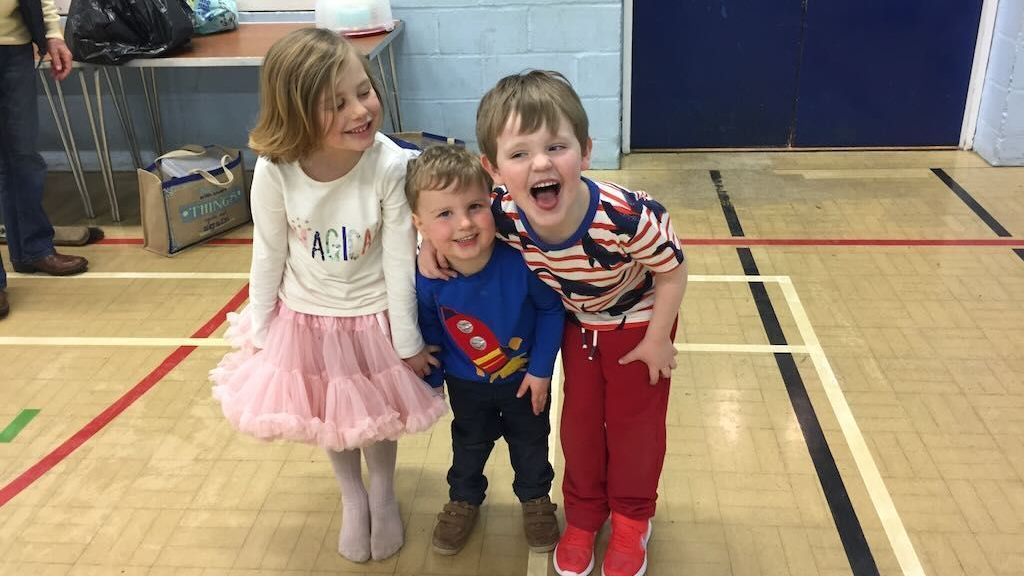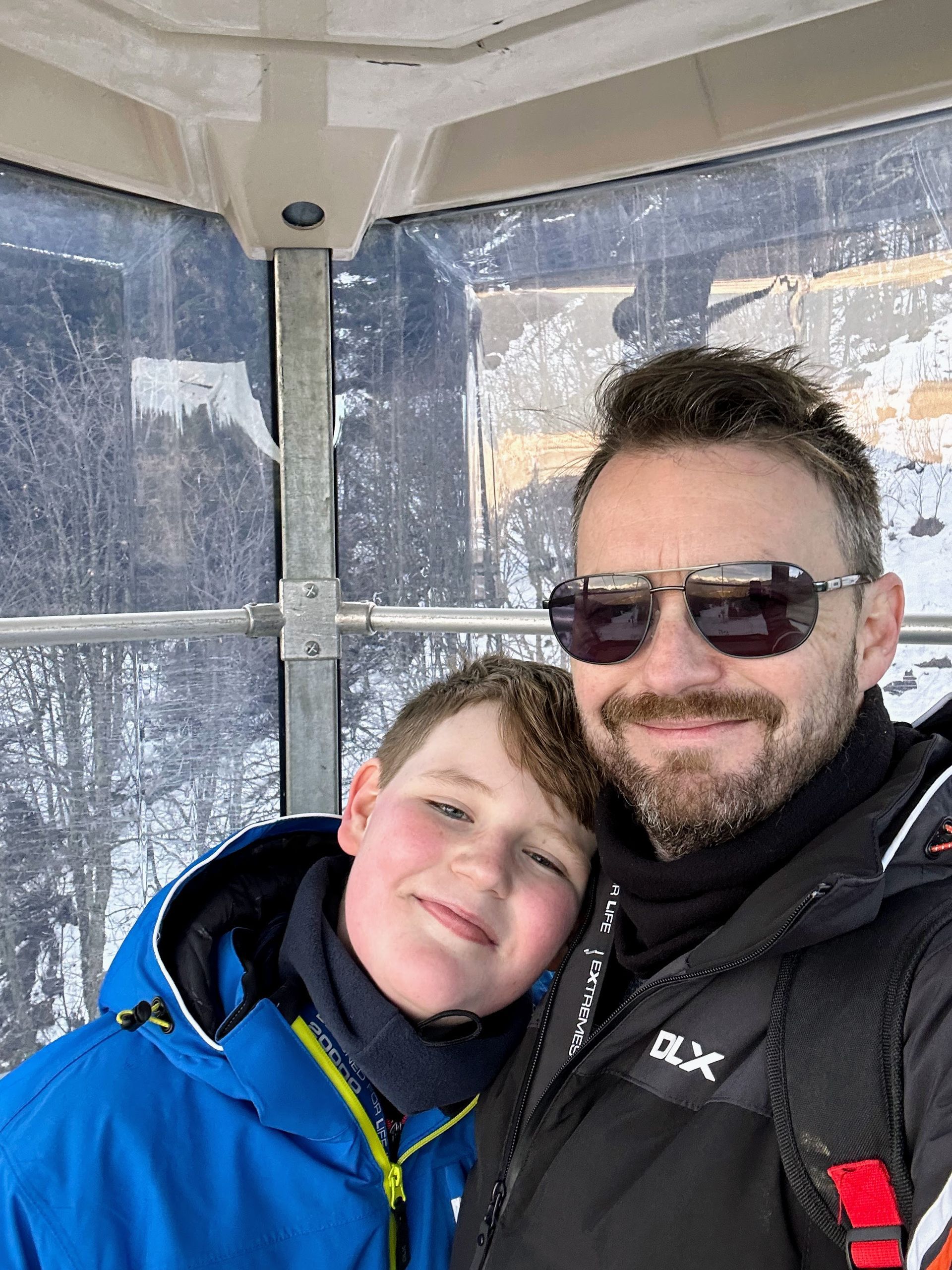Cliff Gibson : March 14, 2023

I reflect back on how I witnessed Rachel often battling to agree times to meet other parents and their kids. How upset she would be, as Sam was rarely invited to other children's birthday parties, and how he never got invited to events despite the big parties we used to host at our house such as Halloween. I used to put this down to her being paranoid, worrying over nothing, and it not really being the case. I can see now, first hand, how wrong I was and how actually despite all the talk of friendship, the reality is far from the truth.
As a society, we have come a long way in accepting and embracing individuals with autism. However, the issue of socialization between neurotypical and autistic children still poses a challenge for many parents. In this post, I will dig deeper into the reasons behind why many parents of neurotypical kids do not like their children being friends with autistic children.
First and foremost, many parents worry about their child’s social development. They are concerned that their child may learn negative behaviors or struggle to understand the communication and social cues of their autistic peer. Some parents also worry that their child will be teased or bullied by other children because of their association with an autistic child. These concerns are not without merit, as children can be cruel and insensitive, and many children with autism struggle with social communication.
Another factor is the lack of understanding and awareness of autism. Many parents are simply not educated about autism and what it means for those who have it. They may have misconceptions about autism, such as that it is a mental illness or that it is contagious. This lack of understanding can lead to fear and anxiety about their child being friends with an autistic child.
In some cases, parents may not be comfortable with the idea of their child being friends with an autistic child because of their own experiences with individuals with autism. They may have had negative experiences with autistic individuals in the past, or they may have friends or family members who have struggled with the challenges of raising an autistic child. These past experiences can shape their perspective and make them wary of having their child associate with an autistic child.
The need for conformity and fitting in is another reason why many parents do not like their children being friends with autistic children. They may worry that their child will be perceived as different or “odd” because of their association with an autistic child. They may also worry that their child will be teased or bullied because they are seen as “different”. This fear of not fitting in can lead to a reluctance to allow their child to be friends with an autistic child.
Finally, some parents may simply not understand the importance of socialization and friendship between neurotypical and autistic children. They may not see the benefits that can come from such a friendship, such as increased empathy and understanding, improved social skills, and a greater appreciation for diversity. They may not see that their child can learn a great deal from an autistic child, such as patience, kindness, and the importance of treating others with respect.
In conclusion, there are a number of reasons why many parents of neurotypical kids do not like their children being friends with autistic children. These reasons range from concerns about social development to a lack of understanding about autism to a fear of not fitting in. However, it is important to remember that these fears and misconceptions are based on ignorance and a lack of education about autism. By educating ourselves and others, we can help to break down these barriers and create a more inclusive and accepting society. By promoting friendship and understanding between neurotypical and autistic children, we can help to create a better future for everyone.

